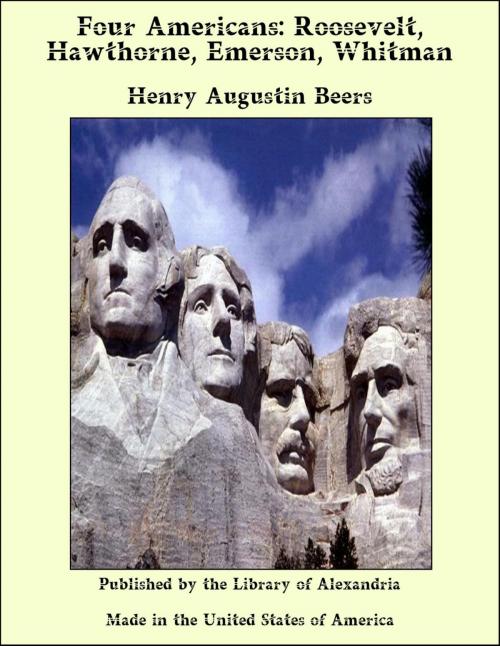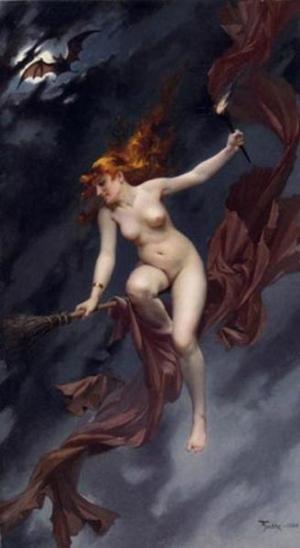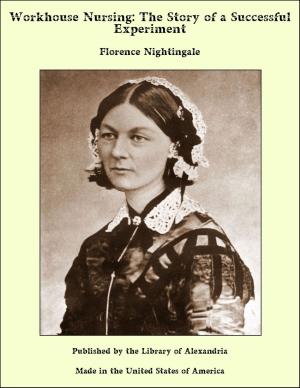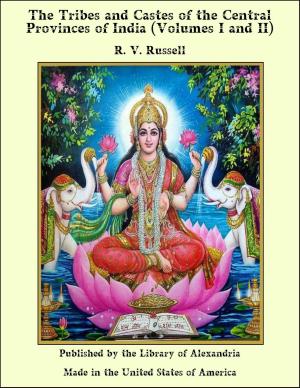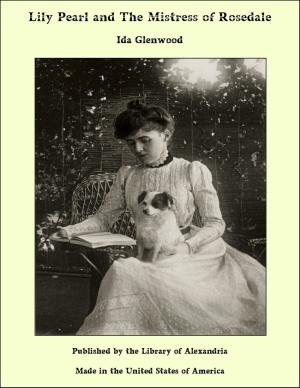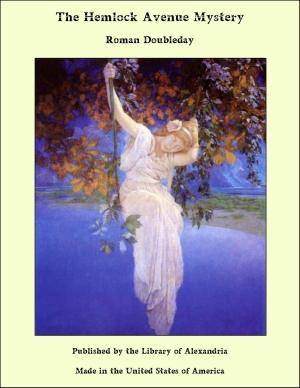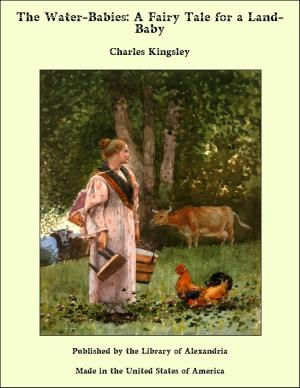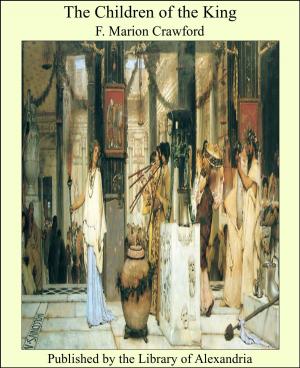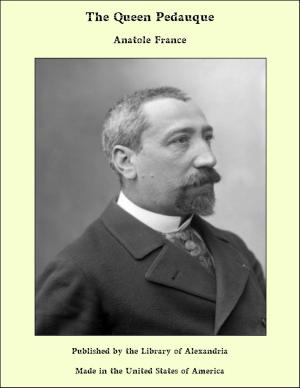Four Americans: Roosevelt, Hawthorne, Emerson, Whitman
Nonfiction, Religion & Spirituality, New Age, History, Fiction & Literature| Author: | Henry Augustin Beers | ISBN: | 9781465575869 |
| Publisher: | Library of Alexandria | Publication: | March 8, 2015 |
| Imprint: | Language: | English |
| Author: | Henry Augustin Beers |
| ISBN: | 9781465575869 |
| Publisher: | Library of Alexandria |
| Publication: | March 8, 2015 |
| Imprint: | |
| Language: | English |
In a club corner, just after Roosevelt's death, the question was asked whether his memory would not fade away, when the living man, with his vivid personality, had gone. But no: that personality had stamped itself too deeply on the mind of his generation to be forgotten. Too many observers have recorded their impressions; and already a dozen biographies and memoirs have appeared. Besides, he is his own recorder. He published twenty-six books, a catalogue of which any professional author might be proud; and a really wonderful feat when it is remembered that he wrote them in the intervals of an active public career as Civil Service Commissioner, Police Commissioner, member of his state legislature, Governor of New York, delegate to the National Republican Convention, Colonel of Rough Riders, Assistant Secretary of the Navy, Vice-President and President of the United States. Perhaps in some distant future he may become a myth or symbol, like other mighty hunters of the beast, Nimrod and Orion and Tristram of Lyonesse. Yet not so long as "African Game Trails" and the "Hunting Trips of a Ranchman" endure, to lift the imagination to those noble sports denied to the run of mortals by poverty, feebleness, timidity, the engrossments of the humdrum, everyday life, or lack of enterprise and opportunity. Old scraps of hunting song thrill us with the great adventure: "In the wild chamois' track at break of day"; "We'll chase the antelope over the plain"; "Afar in the desert I love to ride"; and then we go out and shoot at a woodchuck, with an old double-barrelled shotgun—and miss! If Roosevelt ever becomes a poet, it is while he is among the wild creatures and wild landscapes that he loved: in the gigantic forests of Brazil, or the almost unnatural nature of the Rockies and the huge cattle ranches of the plains, or on the limitless South African veldt, which is said to give a greater feeling of infinity than the ocean even.
In a club corner, just after Roosevelt's death, the question was asked whether his memory would not fade away, when the living man, with his vivid personality, had gone. But no: that personality had stamped itself too deeply on the mind of his generation to be forgotten. Too many observers have recorded their impressions; and already a dozen biographies and memoirs have appeared. Besides, he is his own recorder. He published twenty-six books, a catalogue of which any professional author might be proud; and a really wonderful feat when it is remembered that he wrote them in the intervals of an active public career as Civil Service Commissioner, Police Commissioner, member of his state legislature, Governor of New York, delegate to the National Republican Convention, Colonel of Rough Riders, Assistant Secretary of the Navy, Vice-President and President of the United States. Perhaps in some distant future he may become a myth or symbol, like other mighty hunters of the beast, Nimrod and Orion and Tristram of Lyonesse. Yet not so long as "African Game Trails" and the "Hunting Trips of a Ranchman" endure, to lift the imagination to those noble sports denied to the run of mortals by poverty, feebleness, timidity, the engrossments of the humdrum, everyday life, or lack of enterprise and opportunity. Old scraps of hunting song thrill us with the great adventure: "In the wild chamois' track at break of day"; "We'll chase the antelope over the plain"; "Afar in the desert I love to ride"; and then we go out and shoot at a woodchuck, with an old double-barrelled shotgun—and miss! If Roosevelt ever becomes a poet, it is while he is among the wild creatures and wild landscapes that he loved: in the gigantic forests of Brazil, or the almost unnatural nature of the Rockies and the huge cattle ranches of the plains, or on the limitless South African veldt, which is said to give a greater feeling of infinity than the ocean even.
